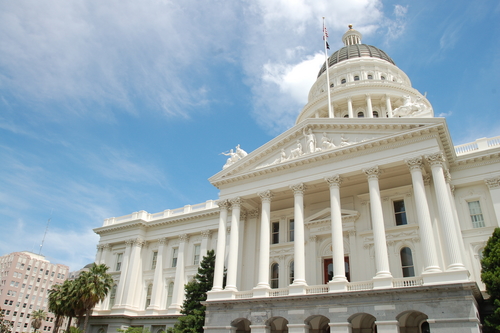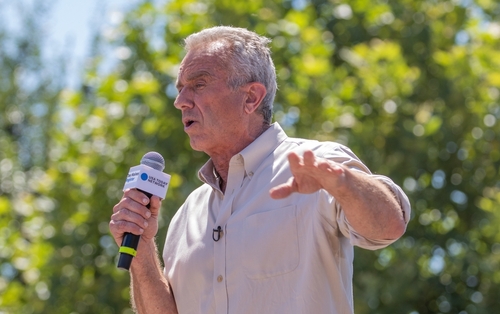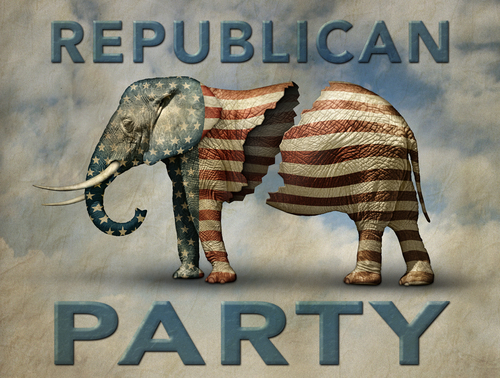
GOP Reps Seek Answers From Banks Over Customer Data Sharing
Major banks are under scrutiny for voluntarily providing the FBI and other federal law enforcement agencies with customers’ private financial data during investigations related to the Jan. 6, 2021, riot in the U.S. Capitol.
House Judiciary Committee Chairman Jim Jordan (R-OH) collaborated with Subcommittee on the Administrative State, Regulatory Reform, and Antitrust Chairman Thomas Massie (R-KY) in sending letters to Citigroup, Wells Fargo, JPMorgan Chase & Company, Truist, PNC Financial Services and U.S. Bancorp.
GOP lawmakers question banks on whether they provided private customer data following Jan. 6 riot https://t.co/47CvUZbhlF
— The Washington Times (@WashTimes) June 12, 2023
The purpose of the letters is to ascertain whether, and to what extent, the banks collaborated with the FBI in the collection of Americans’ private data.
In the letter, Jordan and Massie called on each of the banks to submit documents and communications dating from Jan. 1, 2021, to the present, regarding the provision of customers’ financial records to federal law enforcement. The requested information includes any interactions relating to customer transactions between Jan. 5, 2021, and Jan. 7.
The GOP lawmakers, in their letters, stated, “The Committee on the Judiciary and the Select Subcommittee on the Weaponization of the Federal Government are conducting oversight of the Federal Bureau of Investigation and its receipt of information about American citizens from private entities.”
To support their claims, the lawmakers referred to the transcribed testimony of retired FBI Supervisory Intelligence Analyst George Hill from late May. According to Hill, Bank of America, acting independently and without any directive from the FBI, conducted data mining on its customer base.
The bank reportedly compiled a list of customers who had made debit and credit card transactions between Jan. 5 and Jan. 7, 2021 and had purchased firearms.
Hill’s testimony further revealed that the list provided by Bank of America focused on transactions in Washington, D.C., and the surrounding area. The lawmakers emphasized the significance of his testimony by stating, “Mr. Hill’s testimony was later corroborated by his former supervisor, Special Agent-in-Charge of the Boston Field Office, Joseph Bonavolonta.”
Per the letter, Bonavolonta, who stated that Bank of America sent customer data across the country, testified that the bank “provided an ‘aggregated … list of individuals that were supposedly living up in the New England area who … either had potentially made … certain credit card purchases … for hotel reservations or plane tickets, or potential purchases at certain gun stores’ on or around January 6, 2021.”
Jordan and Massie expressed alarm at Bonavolonta’s testimony, emphasizing that a major financial institution had provided the private financial information of Americans to the most powerful law enforcement entity in the country without any legal process.
Their concern is based on the fact that the information shared lacked a direct link to specific criminal conduct but rather constituted a bulk disclosure of customers’ transactions over a three-day period. This means that people who had no connection whatsoever to the events at the Capitol were likely affected.
The report that some banks might have shared customers’ data with federal investigators following the Capitol Hill riot is no news. Back in 2021, Tucker Carlson of Fox News reported that Bank of America had engaged in this data search at the request of federal investigators.
According to Tucker, the bank had sifted through customer data, aiming to identify people and transactions that fit a specific profile, potentially linking individuals to the Capitol on the day of the January 6 riot.




